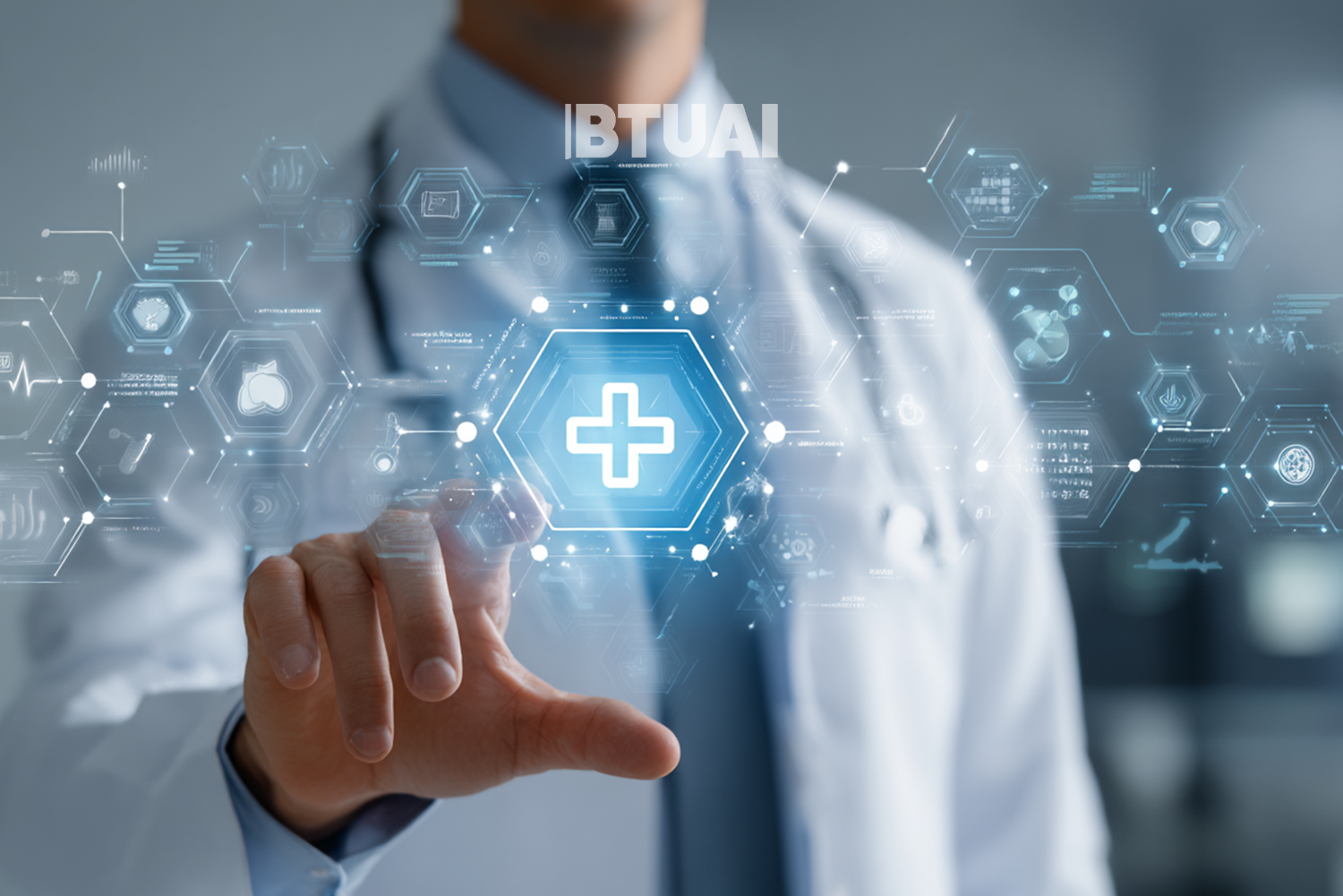Connected Biosensors in Georgia: A New Stage in Digital Health
In Georgia’s growing digital health landscape, connected biosensors have emerged as one of the most dynamic and impactful technologies.

In Georgia’s growing digital health landscape, connected biosensors have emerged as one of the most dynamic and impactful technologies. As of 2024, the market value of this segment stands at $8.4 million, according to Statista, making it a substantial component of the country’s overall digital health ecosystem. While not the largest, it is one of the clearest indicators of how health monitoring is shifting from clinical settings to continuous, real-time, and home-based care.
Connected biosensors are devices that track physiological indicators and transmit this data in real-time to digital platforms — typically via mobile apps or health monitoring systems. Common examples include continuous glucose monitoring (CGM) devices for diabetic patients, wearable heart rate and oxygen level monitors, and smartwatches with embedded ECG or sleep-tracking functions. In Georgia, such devices are increasingly used not only by individual consumers but also in clinical settings, particularly for managing chronic conditions like hypertension, cardiovascular disease, and diabetes.
The rising popularity of biosensors in Georgia can be linked to multiple factors. First is the shift in patient behavior: people are more inclined to track their own health metrics proactively, especially as outpatient and remote care models gain ground. Second, certain Georgian clinics have begun offering biosensor-based monitoring for patients who require ongoing care, reducing the need for frequent in-person visits.
International devices such as Dexcom, Abbott’s FreeStyle Libre, Withings, and Garmin are already available on the Georgian market through specialized distributors. Some local pharmacies and med-tech platforms also offer support services and integration with mobile applications. The presence of these devices reflects growing demand not just for diagnostics, but for continuous health management — a key shift in both patient expectations and health provider offerings.
Government policy and infrastructure are also playing a role. Recent initiatives from Georgia’s Ministry of Health include digitalization programs and early-stage pilots involving remote patient monitoring. In 2023, for instance, several chronic disease management programs tested real-time data collection tools in collaboration with private providers. While not yet mainstream, these pilot programs indicate institutional support for integrating biosensor technologies into broader care strategies.
Looking ahead, the potential growth of this market lies in the integration of data analytics and AI. Globally, biosensor platforms are increasingly using machine learning to generate personalized health insights. Georgian clinics and startups are beginning to explore such integrations, particularly in private healthcare where innovation cycles are faster.
The appeal of connected biosensors in Georgia is rooted not only in medical efficiency but also in cultural and economic shifts — people are seeking more control over their health, and providers are looking for ways to reduce pressure on clinical infrastructure. With $8.4 million already flowing into this market segment and rising interest from both users and institutions, connected biosensors are no longer just a trend — they are becoming a foundational part of Georgia’s healthcare future.




